‘False hope’: Refugee charity blasts UK’s ‘Homes for Ukraine’ scheme
A UK-based humanitarian group has castigated the British government for being unsupportive of Ukrainian refugees, almost a fortnight after a government scheme was launched to help them.
The head of Positive Action in Housing, Robina Qureshi, said the scheme of ‘Homes for Ukraine’ had given “false hope” to the fleeing refugees and amounted to a “gimmick.”
The much-hyped scheme was launched by the British government earlier this month, allowing individuals, charities, community groups, and businesses to sponsor Ukrainian refugees and bring them into the UK.
UK’s housing and communities secretary, Michael Gove, after launching the scheme on March 14, said there was no limit for the number of Ukrainian refugees planning to come to the UK.
Register your interest in our #HomesForUkraine scheme here https://t.co/iL1dcrW4uC pic.twitter.com/b1nJ3m2n0S
— Michael Gove (@michaelgove) March 14, 2022
However, the scheme has failed to convince charity groups and experts that it is designed to help the vulnerable refugees fleeing the raging conflict in their home country.
Qureshi was quoted as saying by the Guardian that the scheme had led to refugees turning to social media in desperation to seek sponsors, and those seeking help were prone to be exploited by human traffickers.
“The government made a fanfare of its Homes for Ukraine community sponsorship programme,” she asserted. “Michael Gove told parliament on 14 March that there was no limit on the numbers coming in. Yet none of the families we are supporting have yet got a visa to travel under the community sponsorship scheme and are still waiting.”
She said her charity had been helping 483 families, young people, and unaccompanied minors in the last week alone who needed a sponsor, adding that the firms involved in the scheme were “tortuous and confusing – with no guideline”.
Positive Action in Housing runs Room for Refugees, the country’s longest-running refugee-hosting programme, which began in 2002.
“Refugees are turning to wholly unsafe methods of getting here, meeting people in Facebook groups, on social media. And this government is responsible for giving people false hope and putting them further in the way of danger,” she was quoted as saying, questioning the rationale behind the scheme.
Qureshi further said that human traffickers “thrive on refugee conflicts and displacements anytime there are vulnerable populations on the move”, adding that visa restrictions should be waived.
“[It] has resulted in obvious and dangerous breaches of basic safeguarding on an industrial scale – all instigated by one government department,” she hastened to add.
On Saturday, a letter from 16 refugee and anti-trafficking organizations addressed to Gove warned that the scheme in its present form was potentially dangerous for refugees who have fled Ukraine.
The letter said the initiative effectively mimics the dating app Tinder’s signature “swipe left, swipe right” approach to rejecting or selecting a partner, and comes with insufficient safeguards.
“By adopting a hands-off approach to matching, there is a high risk that traffickers, criminals, and unscrupulous landlords set up matching sites and Facebook pages to prey upon the vulnerable,” it read.
The conflict in Ukraine has entered its second month now, with warring sides refusing to de-escalate.
The military operation in Ukraine was launched on February 24 by Russian President Vladimir Putin following Moscow’s recognition of the breakaway regions of Lugansk and Donetsk, known as Donbass.
The operation was provoked by the NATO military alliance’s buildup near the Ukrainian border as well as the West-backed Ukrainian government’s actions in Donbas.
Western countries have imposed a series of sanctions on Moscow in a bid to force it to retreat.
Russia says it will halt the military operation if Kiev meets Moscow’s demands, including ruling out Ukraine’s membership in NATO.
Ceasefire efforts have so far failed to produce a significant breakthrough.
Epstein left millions to children of ‘disastrous’ Oslo Accords architects: Ex-UN official
VIDEO | Neauphle-le-Château commemorates Islamic Revolution victory
‘No threats, no pressure’: Pezeshkian lays down terms for talks with US
Russia warns foreign intervention in Ukraine will be treated as 'direct threat'
MSF chief warns Israeli ban on Gaza operations will be 'catastrophic' for millions
‘No illegal demands’: Shamkhani says US talks may bear fruit if respect, logic shown
VIDEO | Iran prepared for both scenarios: Talks or self-defense
Russia slams ‘unacceptable’ US pressure on Cuba as Trump seeks oil cutoff


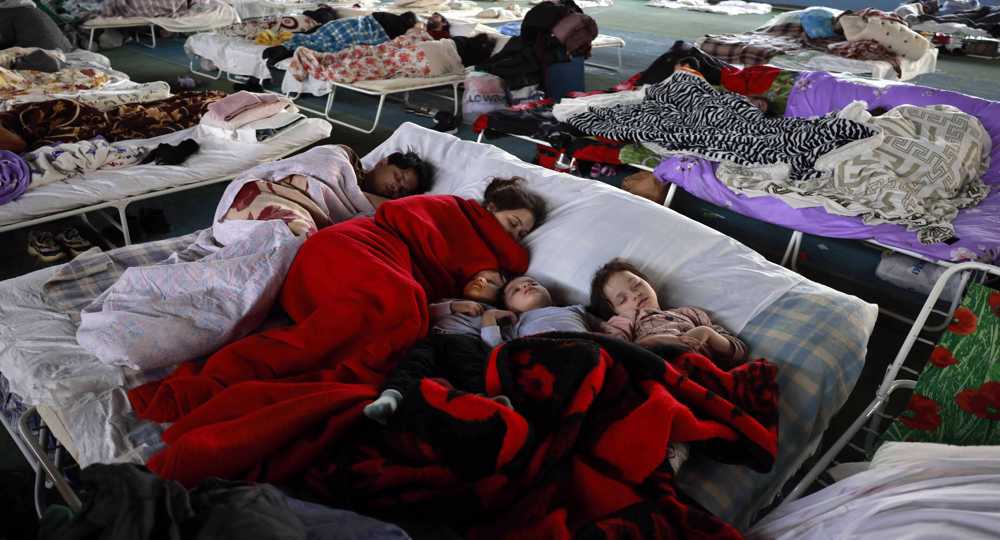
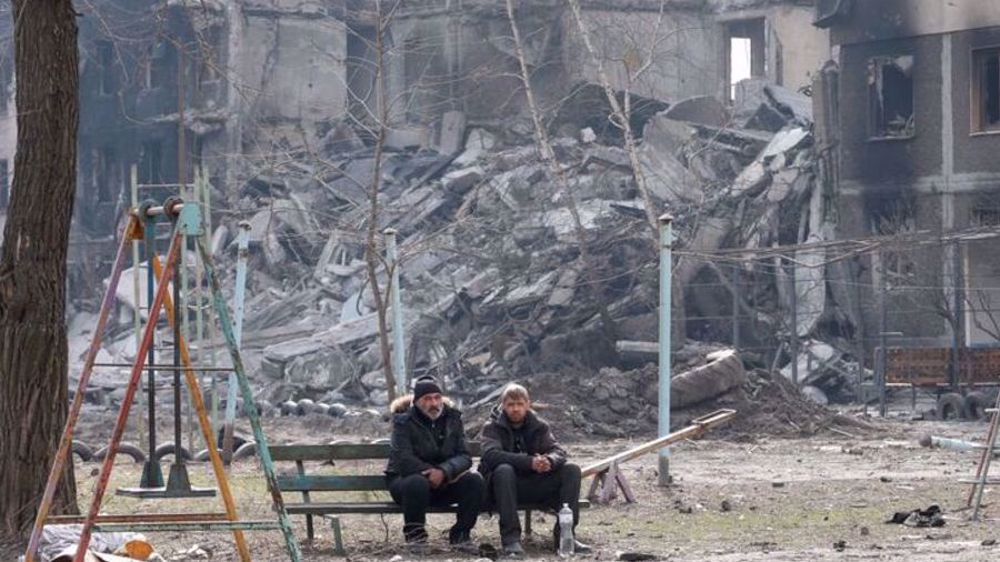


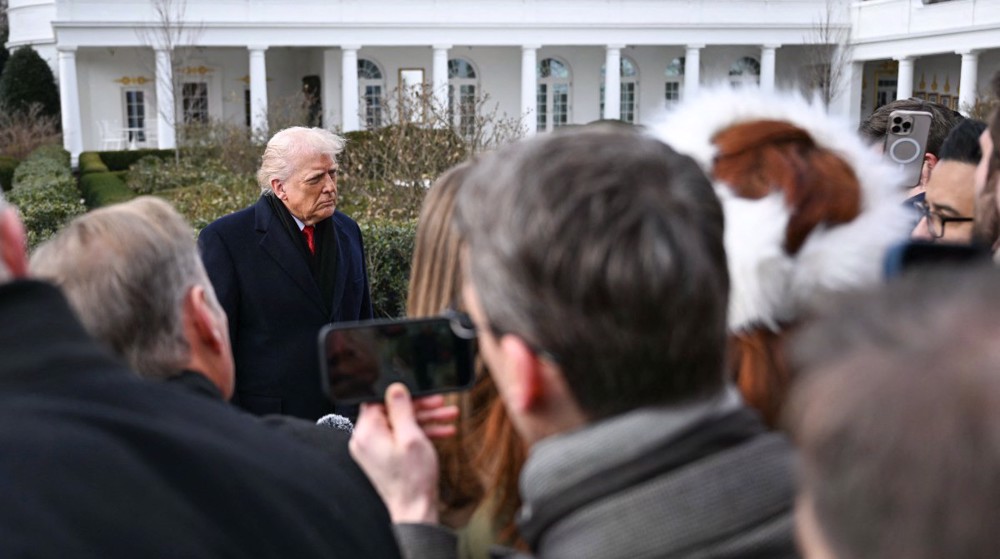



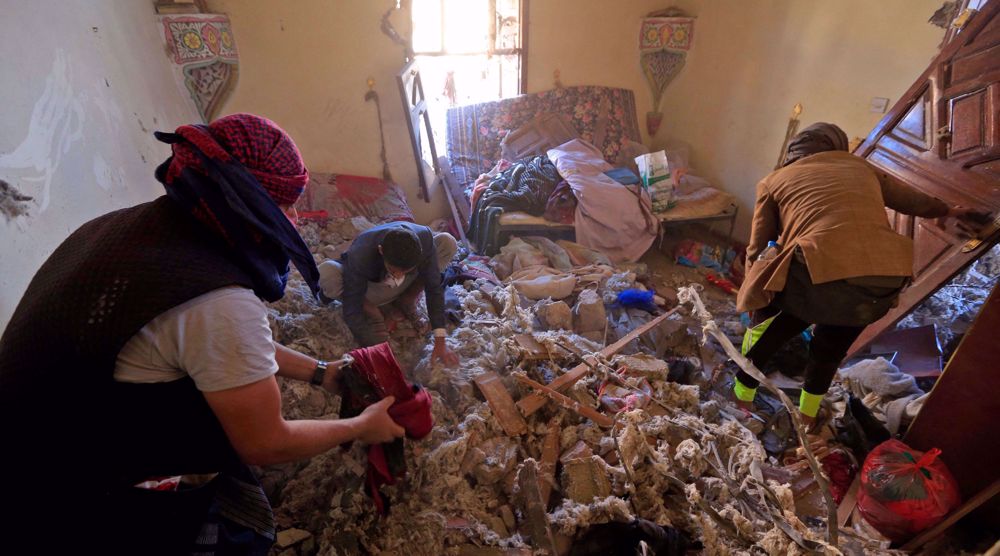
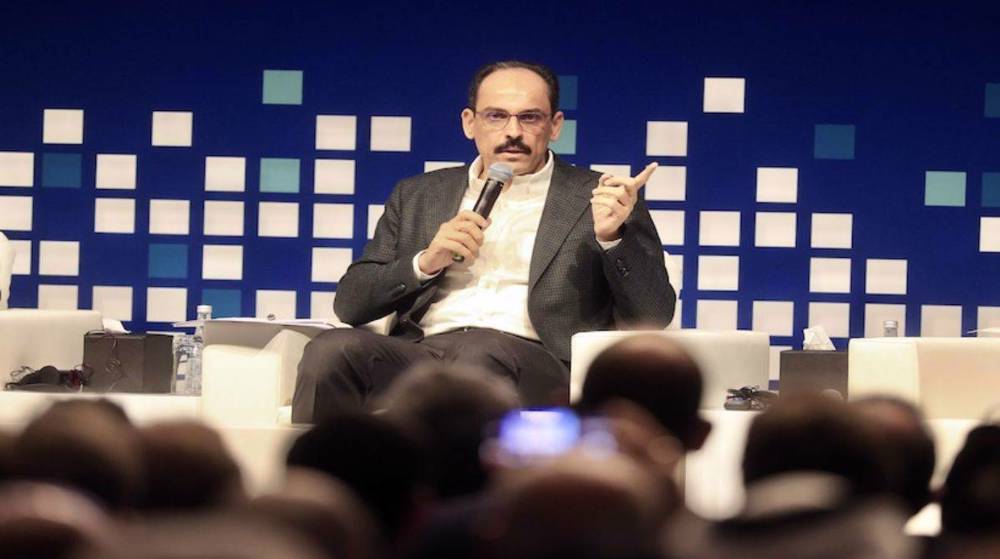

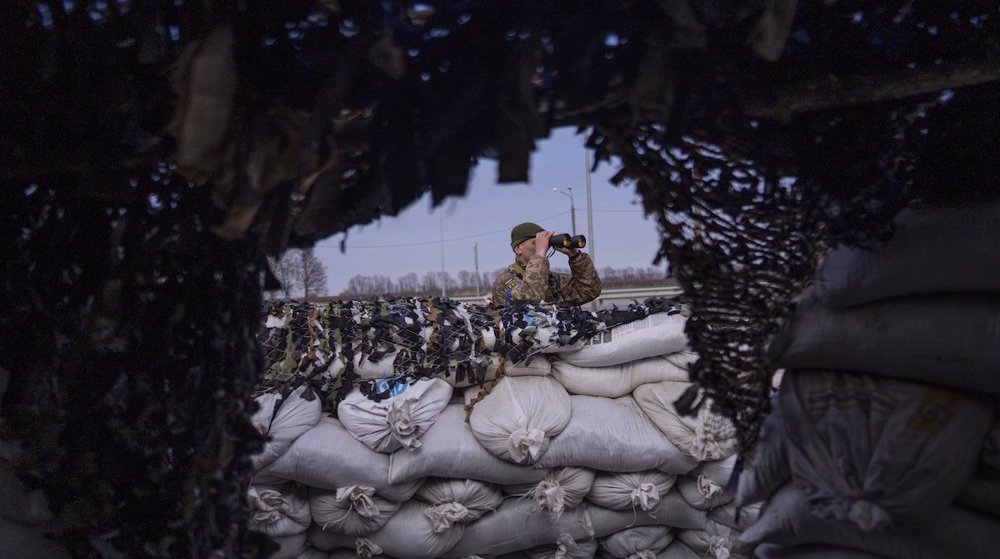
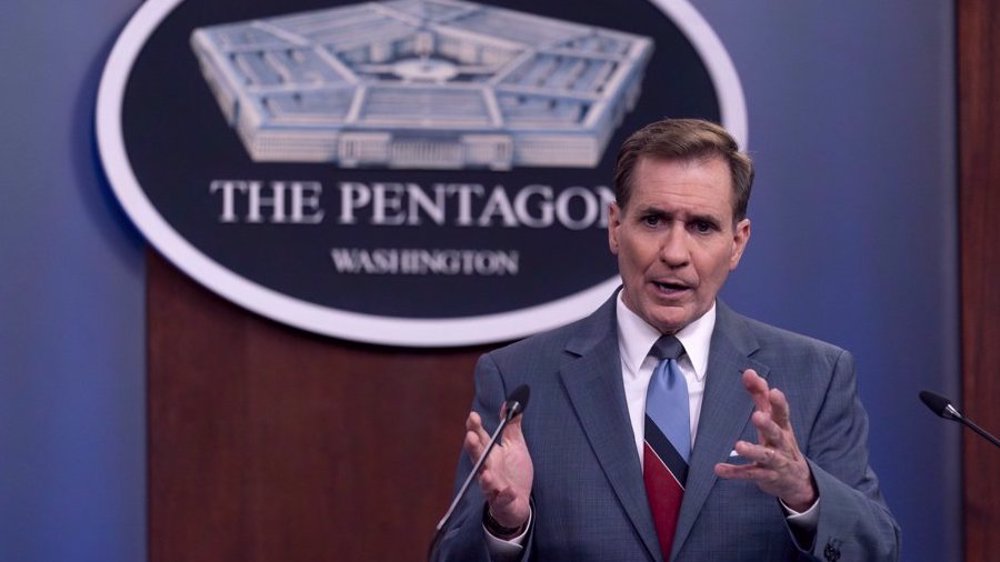

 This makes it easy to access the Press TV website
This makes it easy to access the Press TV website